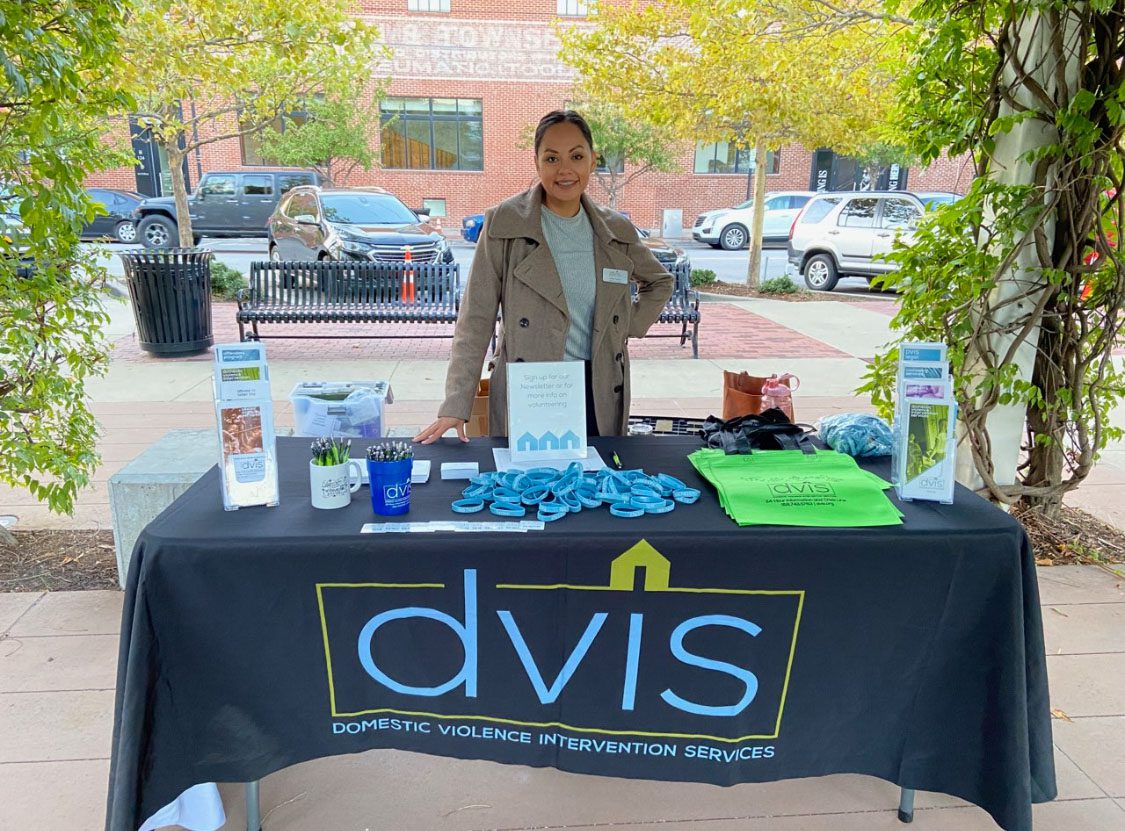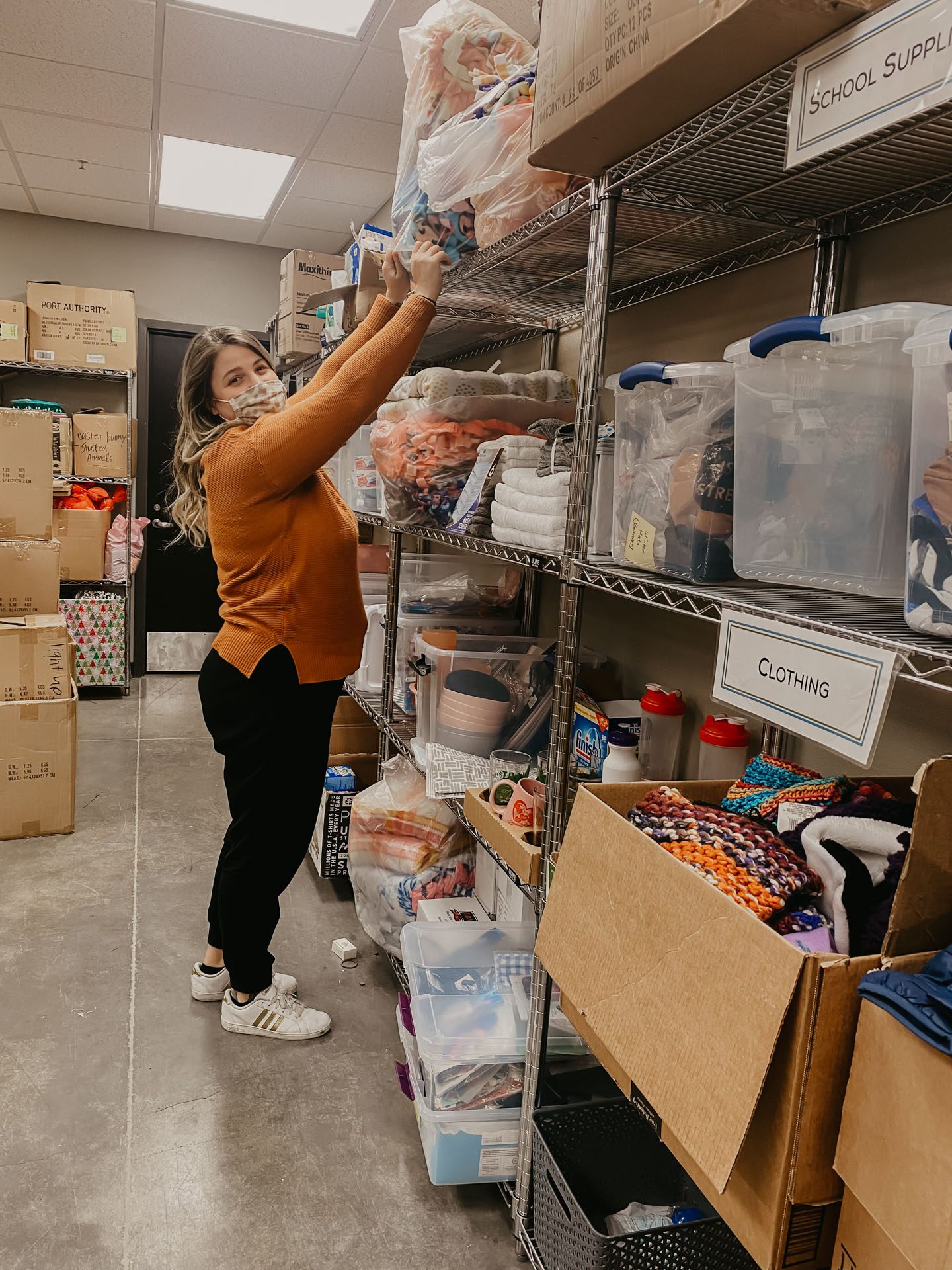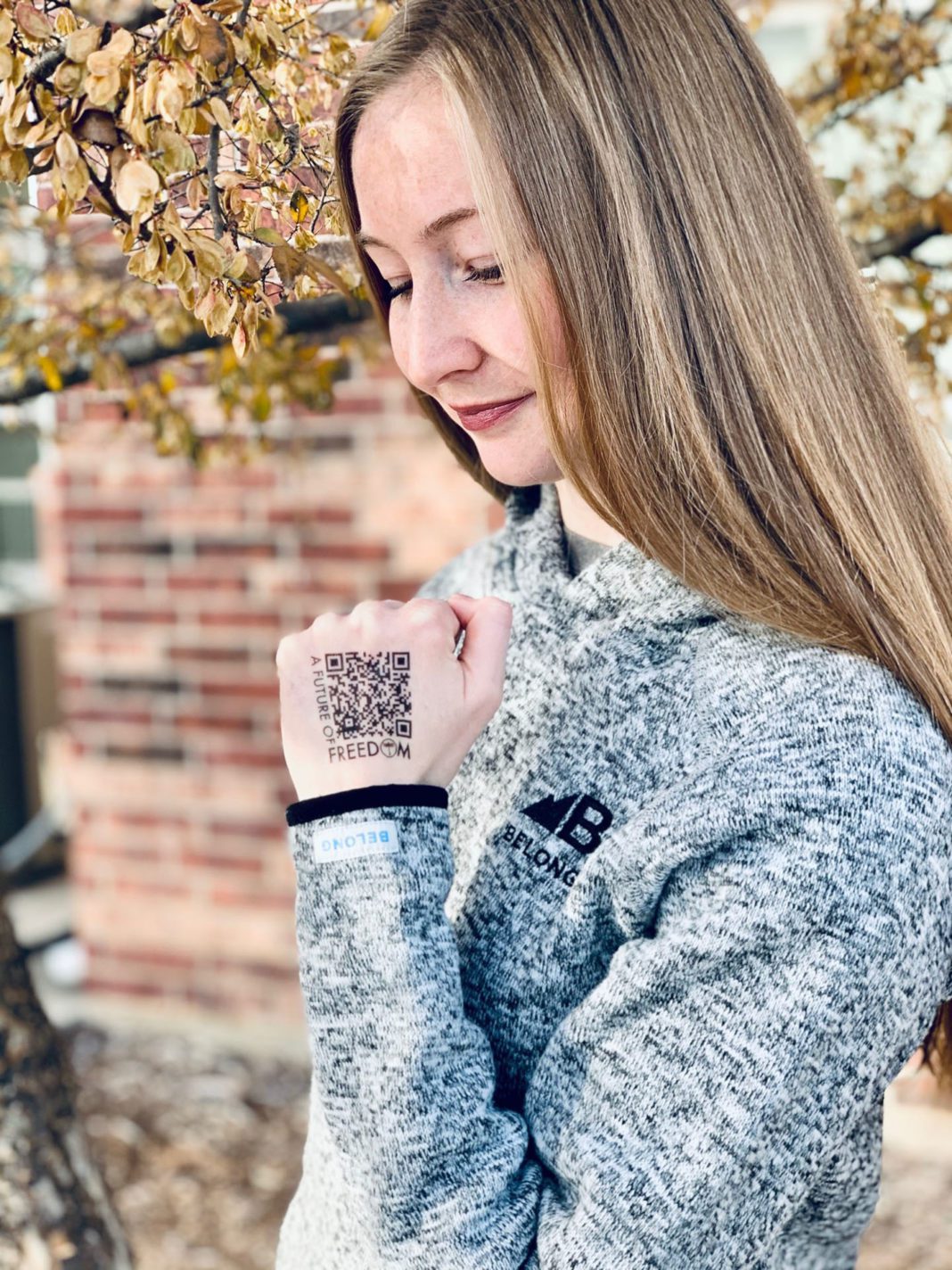Human trafficking, a difficult topic to discuss, can feel very removed from the typical Oklahoman’s daily life. But according to local experts, it’s happening all around us – and it’s essential that all Oklahomans understand what human trafficking is, how to protect loved ones and how to work towards ending it.
“Human trafficking is essentially the exploitation of someone’s service,” says Amy Hernandez, human trafficking advocate at DVIS (Domestic Violence Intervention Services) in Tulsa.
There are two distinct types of human trafficking: sex trafficking and labor trafficking. The former involves individuals sold for commercial sex through force, fraud and coercion, or anyone under the age of 18 involved in the commercial sex trade. The latter is anyone forced to work through force, fraud and coercion.
Unfortunately, it’s happening just about everywhere.
“People should learn what human trafficking really looks like. It is not how it is often portrayed in movies and documentaries. It is not generally [a] random kidnapping situation, it’s a more strategic approach on the part of traffickers,” says Whitney Anderson, co-founder and executive director of the Dragonfly Home in Oklahoma City, a nonprofit that helps trafficking victim-survivors transition back into normal life.
According to Hernandez, though kidnapping does happen, traffickers are often much closer to their victims – even intimate partners, family and friends. It’s crucial that these types of victims are able to recognize that they are being trafficked.
Human trafficking creates a dark reality for its victims, but there are ways to shed light and fight back against this industry. The best thing to do is to prevent it in the first place by working to keep people safe. Many traffickers recruit online, so it’s crucial to know who our loved ones are communicating with, both in person and the internet.
“It’s about having a genuine interest in the lives of people who might be targeted,” says Anderson.
You can also report a situation that causes concern, says Hernandez, including when “someone is telling you their experience with their employer and it just doesn’t sit right with you.” That’s the time to report the situation to local law enforcement, as well as local or national hotlines.
The key to getting involved in the fight against human trafficking is to find organizations that are working in this space and get yourself involved. Resources such as time and donations of money and supplies are desperately needed, as many victim-survivors have very little as they work to rebuild their lives. And educating ourselves on the prevalence and true nature of human trafficking is a way to fight back, too.
“I think our tendency as a population is to pretend that [human trafficking] is far away, that it doesn’t affect us here in Oklahoma, but it absolutely does,” says Anderson. “It affects people that we know and love every single day.”


Safety First
If you suspect you may know of a trafficking situation, safety should be your first consideration.
“We advise against becoming involved in an active trafficking situation,” says Anderson. This can put the potential victim in danger as well as the person trying to help.
Hernandez explains: “If you’re in a trafficker’s mind, that person is their income, that person is their property. And traffickers are dangerous people who are willing to do anything to protect their income and their property.”
The best option is to report the situation to a trafficking hotline. In Oklahoma City, Dragonfly Home provides a hotline at 405-212-3377 and the National Human Trafficking Hotline is 888-3737-888.


























